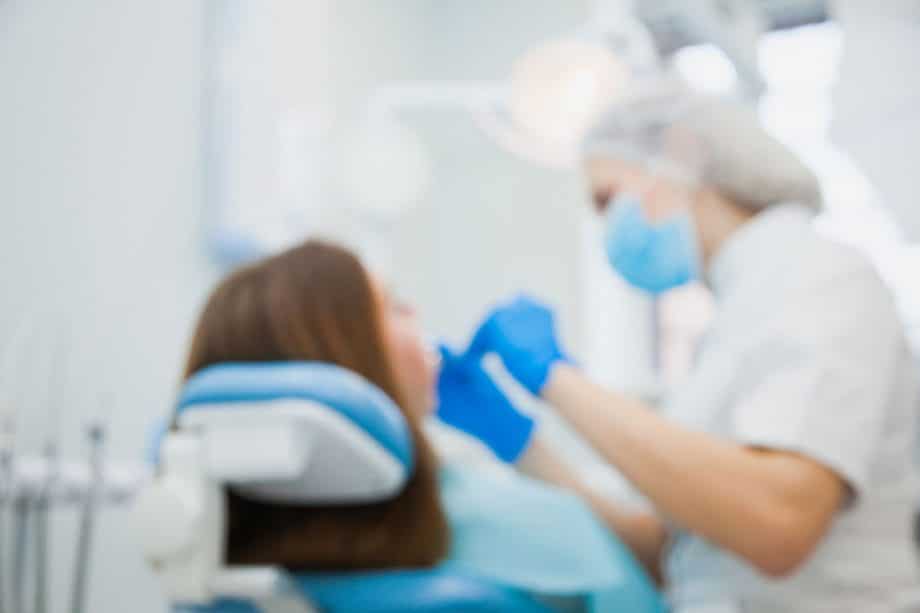Is it a dental emergency or can it wait? The best way to answer this question is to call us so we can determine if urgent care is needed and schedule an appointment for you to come to our office right away. That said, if it’s the middle of the night or if you’re unable to call us immediately, it’s good to have a general understanding of the types of dental issues that require emergency treatment. Here’s what is considered a dental emergency—and what isn’t.
You’re Experiencing Unbearable Pain
Pain is subjective, so what’s unbearable to one person may be tolerable to another. How do you know if a toothache is a dental emergency? One sign that your toothache is serious is if the tooth is still painful even after taking over-the-counter pain relievers. If your tooth pain interferes with your ability to eat, sleep, or go about your daily activities, it is also considered a dental emergency.
A cavity can cause a dull toothache, while an area of receded gum tissue can cause painful sensitivity to hot and cold sensations. These should be treated promptly, but they don’t require immediate care. If, on the other hand, you have a toothache that produces sharp pain when biting down or lingering sensitivity that lasts long after a hot or cold stimulus is removed, it may indicate that you have an infection, which requires urgent treatment to save your tooth and prevent the spread of bacteria to other parts of the body.
You Have Uncontrolled Bleeding
The soft tissues of the mouth have a tendency to bleed heavily when injured, which can be alarming. This bleeding will usually stop when you apply pressure to the wound for a period of time. When bleeding continues without slowing, it’s a dental emergency. Always go to the emergency room if bleeding is profuse or is accompanied by facial trauma; if bleeding is less severe, but continues even after applying pressure, call our office for an emergency appointment.
Your Tooth May Be Lost Without Emergency Dental Care
After dental trauma, you may need immediate emergency dental care in order to save your tooth. Without treatment, your tooth may need to be extracted, so time is of the essence. Call us immediately in any of these situations:
- Your tooth has been knocked out completely (avulsed)
- Your tooth is displaced from the socket
- You have a tooth abscess
- Your tooth has broken off
The typical treatment for each of these situations is an emergency root canal; failing that, an extraction could be required, followed by a replacement with a bridge or dental implant in the future.
Situations That May or May Not Be Emergencies
There are a few other situations that are not quite as cut-and-dry. If you break a crown or bridge, it’s a dental emergency if this is accompanied by severe pain, the remaining tooth or restoration is sharp, or if you’re unable to eat. Otherwise, we will make an appointment with you for our earliest available opening.
A loose dental implant is only a dental emergency if the implant itself—the post that is implanted into your jaw—is loose. If only the crown, bridge, or denture attached to the implant feels loose, this does not require same-day dental care, as it won’t compromise your implant.
Learn More About Dental Emergencies
If you’re wondering if your situation requires emergency dentistry, contact us today at 631-928-7500 to speak with one of our team members.


